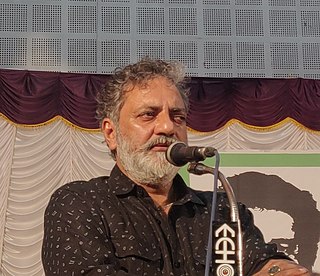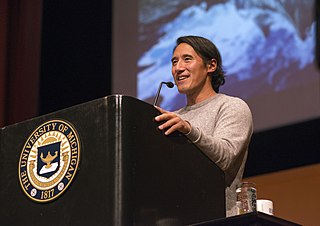A Quote by Anton Corbijn
For many years I wanted to do a film, but I never had the courage to clear my desk and say, 'OK I'll take a year off and do a film.'
Related Quotes
When I was younger, I definitely thought musical theater was sort of more pure than film. I used to say I'd never go to film because we had to get it right the first time in musical theater. But then, of course, I started doing film and realized I loved it. Keep in mind that I was 8 years old when I said that.
There are parallels between filmmaking and climbing mountains just in terms of the commitment it requires, absolute devotion, and the belief that you are going to make a film and that the film is going to be OK, as well as the risks you have to take. You are never going to climb anything great if you don't take risks.
The business side of film has goofed up so many things, but even that's changing. It happened to the music industry and now it's happening to the film studios. It's crazy what's going on. But artists should have control of their work; especially if, as I always say, you never turn down a good idea and never take a bad idea.



































